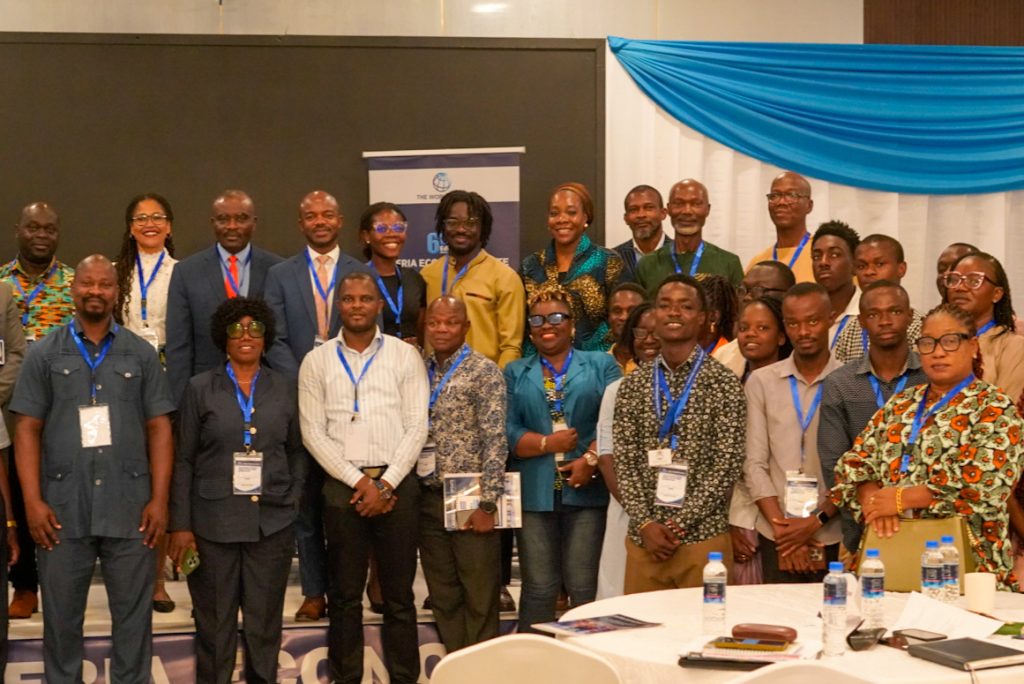World Bank Urges Liberia: Focus on Private Sector for ‘Resilient Growth and Productive Jobs’
MONROVIA, October 29, 2025 – The World Bank has released the Sixth Edition of its annual Liberia Economic Update, titled “From Stabilization to Inclusion – Pathways to Resilient Growth and Productive Jobs,” which calls for a comprehensive strategy to strengthen the country’s private sector and address its persistent employment challenges.
The report analyzes Liberia’s recent economic developments, noting the marked improvement in macroeconomic stability but highlighting the inability of the current private sector structure to generate quality jobs on a large scale.
“Structural weaknesses in the labor market and the private sector continue to constrain the country’s growth potential,” stated Georgia Wallen, World Bank Country Manager for Liberia. She emphasized that tackling these barriers is essential for “reducing poverty… sustaining macroeconomic gains through a stronger domestic tax base, greater resilience to external shocks, and enhanced social cohesion.”
The core issue lies in the prevalence of informal, micro-sized firms with limited employment capacity, meaning the employment potential remains largely unlocked.
Four-Pronged Strategy for Employment Transformation
The World Bank update stresses that transforming Liberia’s employment landscape hinges on a four-pronged strategy designed to deliver “more and better jobs”:
Stimulating Labor Demand: Investment should be channeled into agro-processing and light manufacturing to expand production capacity.
Enabling Firm Growth: Firms need support through regulatory, financial, and technological reforms to scale up.

Modernizing the Business Environment: This involves high-level coordination, an enabling legal environment, and strengthening public-private partnerships (PPPs).
Expanding Labor Participation: Interventions must be skills, youth, and gender-focused to prepare the workforce.
Long-Term Investments and Policy Alignment
Gweh Gaye Tarwo, Liberia Country Economist and lead author of the report, added that these immediate measures must be complemented by long-term investments in:
- Education and human capital.
- Improved market access for local firms.
- Targeted incentives for companies that offer stable wage employment.
Tarwo concluded that aligning industrial and labor policies with spatial development priorities and value-chain potential is critical to drive inclusive job creation and reduce regional disparities.
The World Bank’s upcoming Country Partnership Framework (CPF) will reportedly focus intensively on building the foundations for “more and better jobs,” using the findings of this Economic Update to inform its efforts.

Comments are closed.